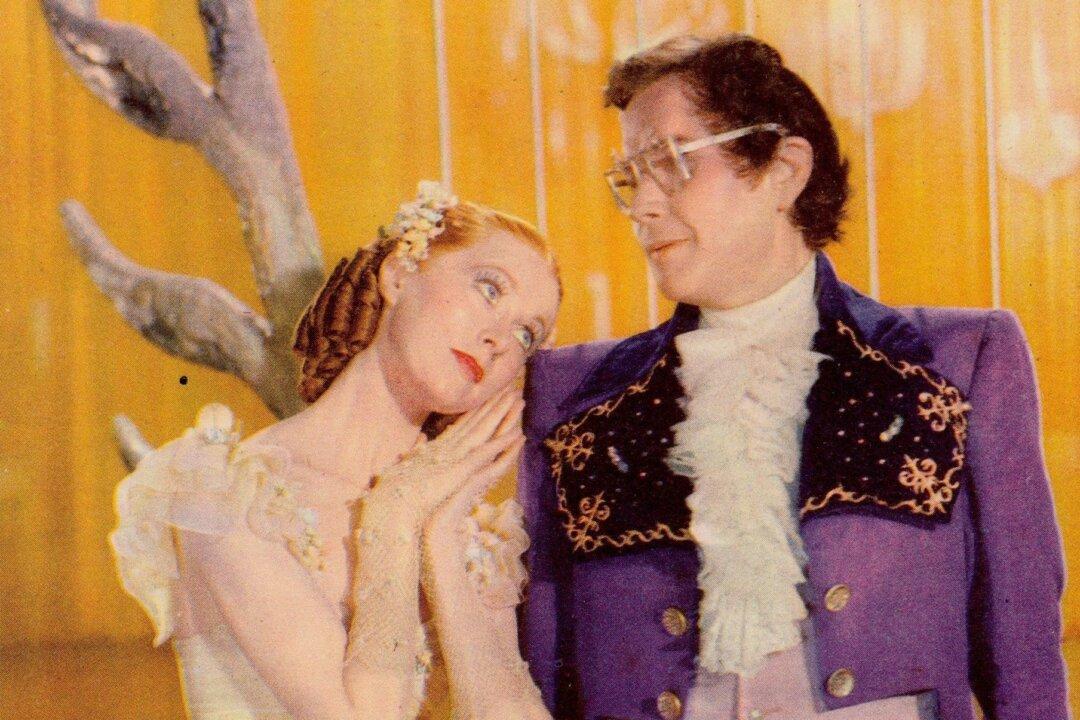Commentary
Opera has inspired movies for years. Since the earliest days of sound in films, classical music has been an integral part of countless movies. Even during the days of silent films, the dramatic stories of famous operas have been the basis of movie plots. Although those less familiar with the art form like to make fun of the melodramatic plots, there’s no denying that many operas are based on stories which are dynamic whether on the stage or the screen.





